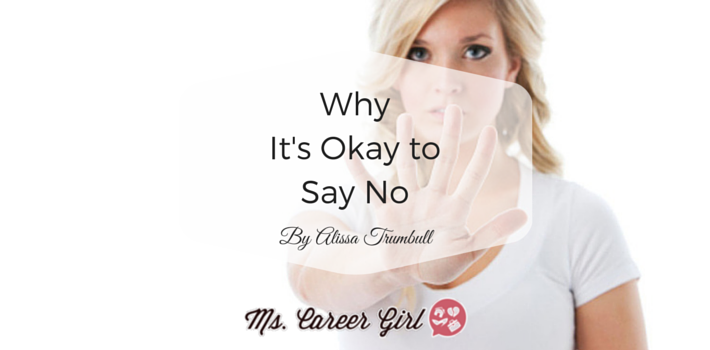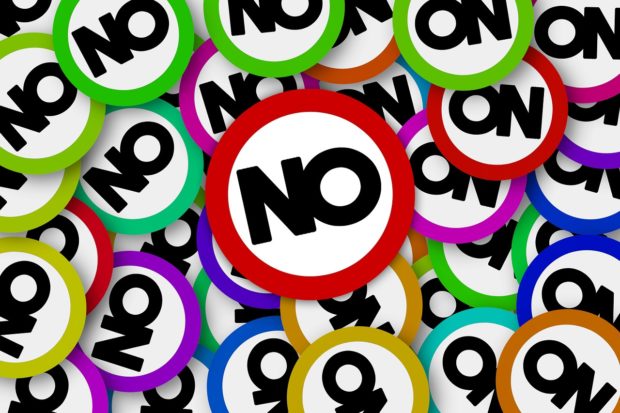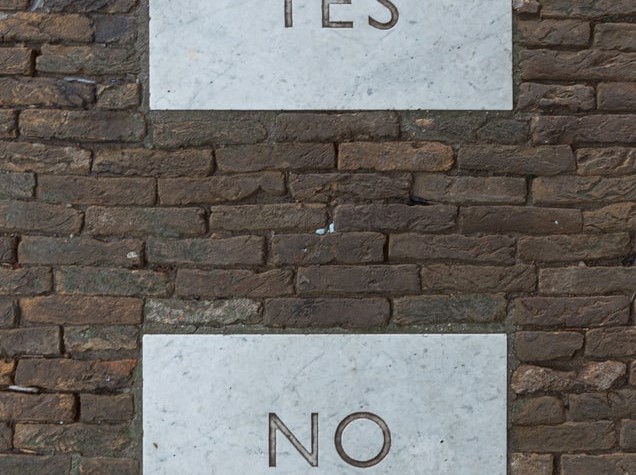The Power of Saying No – Why You Should Say it More Often
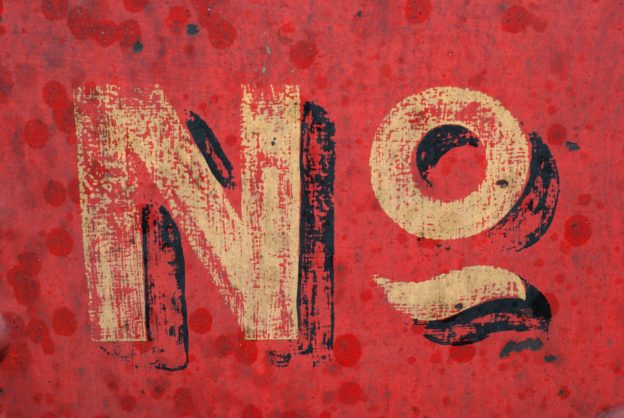
Historically, I’ve always been a yes woman. I’ve said yes to a year abroad in Provence aged 19, yes to living in Madrid and Santiago in my 20s, yes to risk-taking, challenge and a life of new adventures that always promises more.
And yet, it was only when I started my own business in my early 30s that I began to realize that the word no might be just as useful, too. On the face of it, no doesn’t have as much power as yes. It feels negative, perhaps a bit defeatist and seems to fly in the face of a stanchly can-do attitude that was drilled into many of us from an early age (“you can do anything you want to!”).
Yet saying no, I have discovered, takes a lot more grit than saying yes. It’s also become my lifeblood in my day-to-day running of adventure travel firm Flash Pack. In the past five years, my co-founder Lee Thompson and I have grown the company from a tiny bedroom start-up to a multi-million dollar business with 300% year-on-year growth and trips in over 50 countries worldwide. As CEO, I simply couldn’t have managed that steep curve without saying no, often and with feeling. Here’s why you should, too:
Your reputation is at stake in saying yes
People say yes to things all the time at work, even when they’re overloaded, because they want to appear enthusiastic and willing. You’re a good team player if you simply “handle it” without argument, no matter what else you have on your plate. But here’s the killer: every time you take on something that you can’t quite manage, you risk doing a sloppier job. Research shows that multitasking is incredibly damaging for productivity: we simply aren’t made to flit between tasks without giving proper attention to anything. Added to this is simple physics: your time and energy are limited resources, and you can’t keep churning them out without some kind of negative throwback eventually surfacing in the quality of your work.

The problem with that is, it’s your reputation that hangs in the balance. This is especially important if you’re a freelancer or running your own business, but it also holds true in paid employment. You take on said task to keep your boss happy, but people won’t judge her for the value of the work that results – that pleasure falls to you. So, the next time you agree to something you know deep down that you really don’t have time for, consider that you’ll be attaching your name to that project; however large or small. Is it worth gambling your reputation – the one element of your career trajectory you have full control over – on a less-than-brilliant outcome?
Saying no gives your day more meaning
In their eye-opening book, Make Time, productivity experts Jake Knapp and John Zeratsky argue that we should cultivate a daily focus that answers the question, “what was the highlight of your day?” Falling somewhere between an incidental task and a grand ambition, this highlight is the one thing you want to protect and prioritize above all else. By taking this approach, the authors say, you find time for things that ordinarily fall by the wayside. This might include a project that isn’t urgent but that brings you deep satisfaction, for example learning to use a new piece of software. Or it might be something joyful, like a lunch with friends, that – even if you do find time to squeeze into your normal schedule – you don’t truly enjoy, because you’re skidding into it, with no real energy or focus.
By saying no to things that don’t hold this meaning for you, you carve out the time for the things that do. And your days take on more of a memorable cadence because of it. Instead of passing time by default, in a frenetic blur of throwaway to-dos – most of which you’d struggle to recall by the end of the week – you become more discerning. You devote time to consciously held highlights, ones that will help you grow or become happier as a result. But you can only get there by first holding the line on other people’s tasks and to-dos.
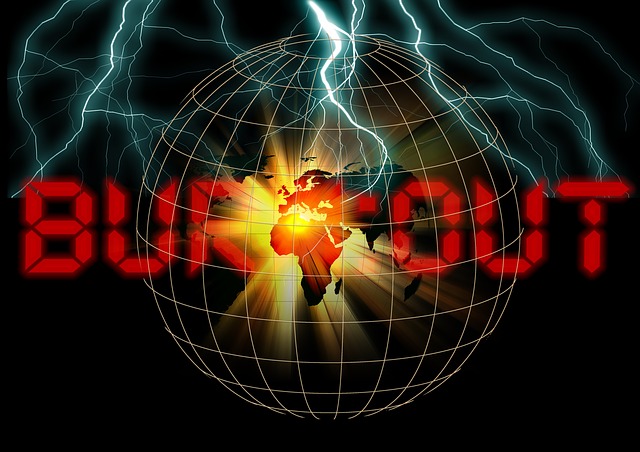
Saying yes can lead to chronic stress and burnout
In the hyper-alert world we live in, the risk of burnout has never been higher. In the States alone, 57% feel paralyzed by the impact of stress. Saying yes all the time massively exacerbates this pressure. We’re collectively buckling under this enormous heft of obligations and commitments. Consider the mission creep that comes with a typical task you say yes to. It may start as a favor but soon enough it becomes an assumption and then a full-on guarantee that you’ll struggle to untangle yourself from. How many times has this happened to you throughout the course of your work life? If you’re anything like me, it’ll be a lot.
Saying no, then, is not only a useful means of asserting yourself – it’s also crucial to safeguarding your mental health. Just like going to bed early, or doing yoga at the weekends, laying down your boundaries is a habit you need to learn for your own wellbeing. In doing so, you transition smoothly from the demands and needs of other people to what YOU want to do (something that is astonishingly easy to dismiss). Research concludes that when people find meaning in their work, the risk of career burnout dramatically lowers. You’re less likely to feel drained when, instead of madly chasing your tail to keep everyone happy, you’re really engaged with what you’re doing.
Saying no makes you the architect of your career happiness
“Some people dream of success, while others work for it” is the kind of true-yet-grating motivational quote you’ll see all over Instagram. But it took me a long time to realize that this hard work isn’t merely graft; it’s also the ability to push back and have difficult conversations. Sure, you can sail through your career keeping everyone happy and agreeing to all projects that fall on your desk. But the danger is, you’ll look up in 10 years time and realize who you are and what you stand for has been completely eroded by a long string of obligations.

Even in running my own company, where I get to call the shots, there have been moments where I could have said yes for an easy life. I could have agreed when I secretly didn’t, or gone along with an idea I considered unsound, for the sake of keeping the peace. But Flash Pack may have ended up in a completely different place because of that; one that compromised me and my values.
Studies show that autonomy is the most important element of career satisfaction; we need to feel like we have influence over what we do at work. But this sense of direction won’t simply be handed to you on a plate; you have to engineer it or else other people will for you. Use your voice, take up space, say no when your gut tells you to. It’ll feel uncomfortable at first.
Saying no gets easier
We all have that ingrained people-pleasing instinct that can be tough to overcome. That’s OK – roll with it. Saying no is a bit like riding a bike. You’ll have a few scrapes along the way but the more you practice it, the better you’ll get. And gradually, you’ll tip that balance from the frustration of being told what to do, to the unhampered joy of a career where you’re in the driving seat. And that, my friends, is a key facet of lifetime happiness. Go forth and try it out.
This guest post was authored by Radha Vyas

Radha Vyas is the Co-founder of Flash Pack, an award-winning travel company rehabilitating the outdated image of the group holiday. Flash Pack connects busy professionals travelling alone to enjoy extraordinary adventures together. Now with a global community of solo travelers and 300% YOY growth, Radha has seen her business flourish from a back-bedroom startup in 2014 to a thriving brand.


